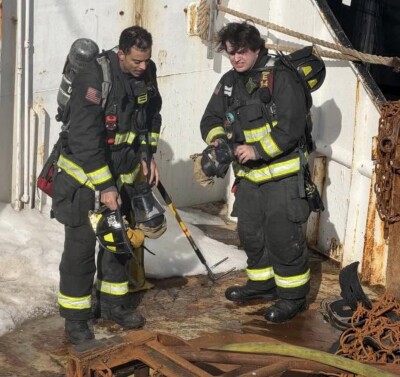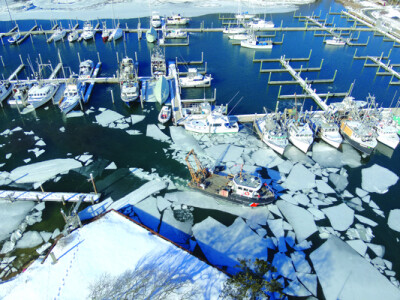Carlos Rafael famously and accurately predicted about five years ago that using the quota system known as catch shares in the Northeast Multispecies Fishery would drive small boats out of the water and consolidate licenses into the hands of a few.
His operation would be fine, he said, because of its size.
Now that government regulators have determined that fishermen will bear the cost of at-sea monitors, the pescatarian prognosticator has made another prediction. In a letter to the editor last week, the Oracle of the Ocean pointed out that analysis by the regulators, the National Oceanic and Atmospheric Administration, shows industry-paid monitoring will leave 60 percent of the fleet operating at a loss. By phone last week, the Waterfront Wizard predicted the requirement would further consolidate the groundfish industry into a mere handful of permit holders.
We beg Mr. Rafael’s indulgence with our playfulness, for our alliterative levity should not belie our genuine respect of his unique, invaluable insight into the fishing industry. He is, after all, known as the Codfather.
Mr. Rafael’s understanding of the multispecies fishery is significant, and his analysis is an attractive one, based as it is on experience and success.
He said he believes that monitors and catch shares create dynamics that are in conflict with the law by which the fisheries are managed, the Magnuson-Stevens Fishery Conservation and Management Act. Specifically, NOAA has grown to give too little attention to the mandate that requires consideration of the impact of regulations on fishing communities. This is demonstrated both in the court’s ruling that deference to the agency’s biased administration of the act is allowed, and in the 2012 federal declaration of the fishery as an economic disaster.
Read the full story at the New Bedford Standard-Times >>
Read more about at-sea monitoring >>






